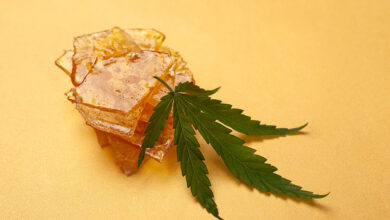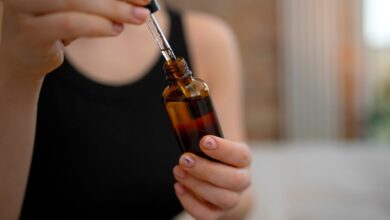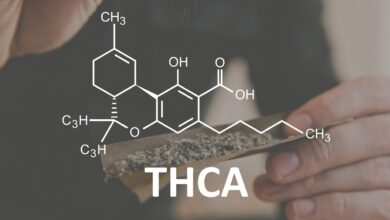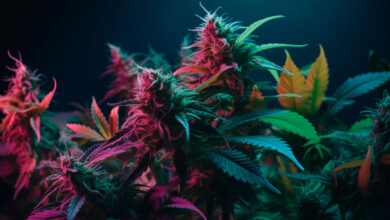What Is THCP Used For?
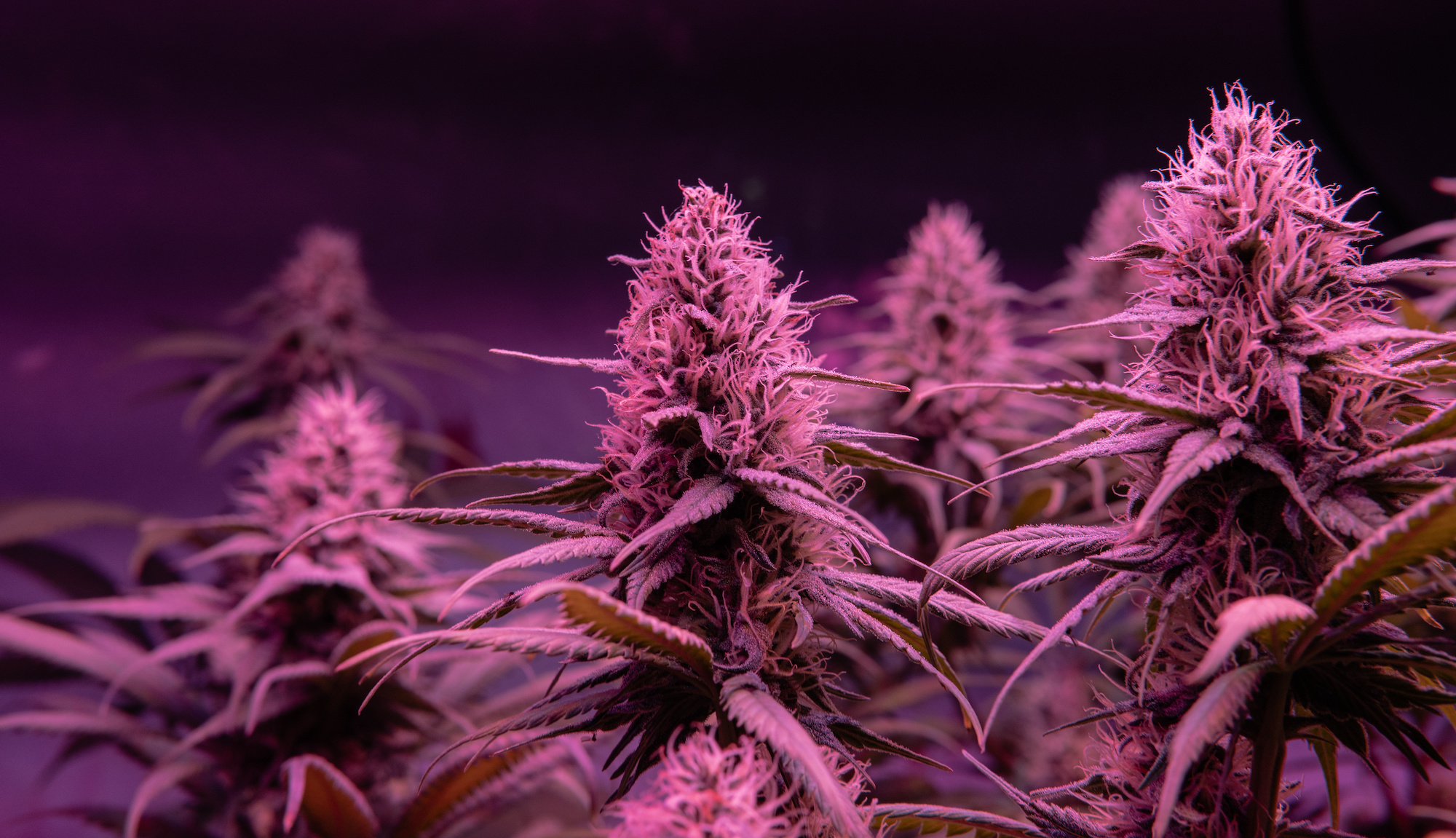
A research team discovered the naturally occurring cannabinoid THCP (Delta-9 tetrahydrocannabiphorol), sometimes referred to as Delta-P, and was found by an Italian research team in 2019. The use of cutting-edge technologies has led to discovering a new cannabinoid previously unknown.
THCP is a chemical analog of THC, which means it shares the same molecular structure as the active ingredient in marijuana. While Delta-9 THC has five carbons, the scientists determined that THCP has seven carbons. Up until now, the longest known chain has been a seven-carbon one. There is a clear correlation between the length of this chain and the molecular potency.
Molecularly, THCP and Delta-9 THC are pretty similar, yet their effects on the human body are vastly distinct. There are many things for which THCP used due to its effectiveness.
Some researchers believe that THCP has 33 times the potency of Delta-9 THC, based on the researchers’ findings. There have been reports of significant changes in visual and aural perception and minor psychedelic effects when taking THCP. An increase in potency is due to the higher affinity of THCP for binding to CB1 receptors in the body and the resulting enhanced ease with which it can elicit effects like psychoactivity.
How THCP form?
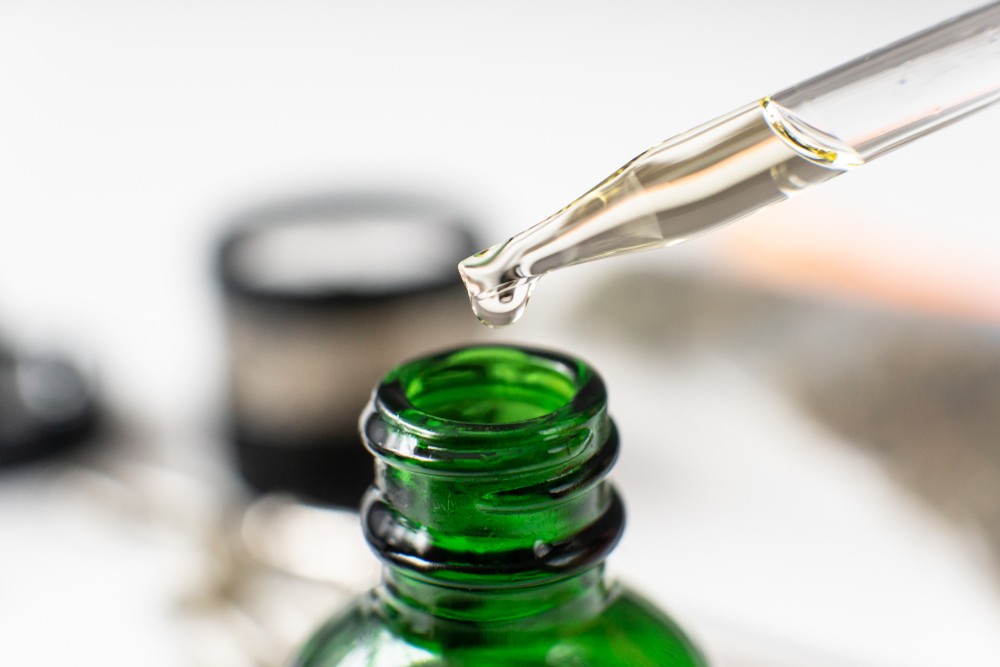
THCP is a natural cannabinoid because it occurs in trace amounts in the cannabis plant. Like Delta-8 THC, you can produce the cannabinoid from hemp in the same way. Due to the large volumes of hemp required for extraction, vendors that manufacture THCP synthesize it in a laboratory environment using other hemp cannabinoids.
Only a few suppliers are currently producing THCP. The extraction or synthesis of this unique cannabinoid is a mystery to many. Spyglass CBD, a THCP reseller, claims to use proprietary technology to synthesize THCP from cannabinoids in hemp to produce THCP-based products. Bulk THCP production is expensive, and that cost goes to the consumer. However, the potency of cannabis implies that customers only need to use a small amount to feel the effects.
Because they are large, complicated molecules, THC and all cannabinoids can form from one another and other molecules with comparable structures. ‘Bad’ cannabinoids like K2 and Spice form in this manner. Molecules behave when subjected to various modifications. Some are fine, while others are downright hazardous.”
Potential Uses and Advantages
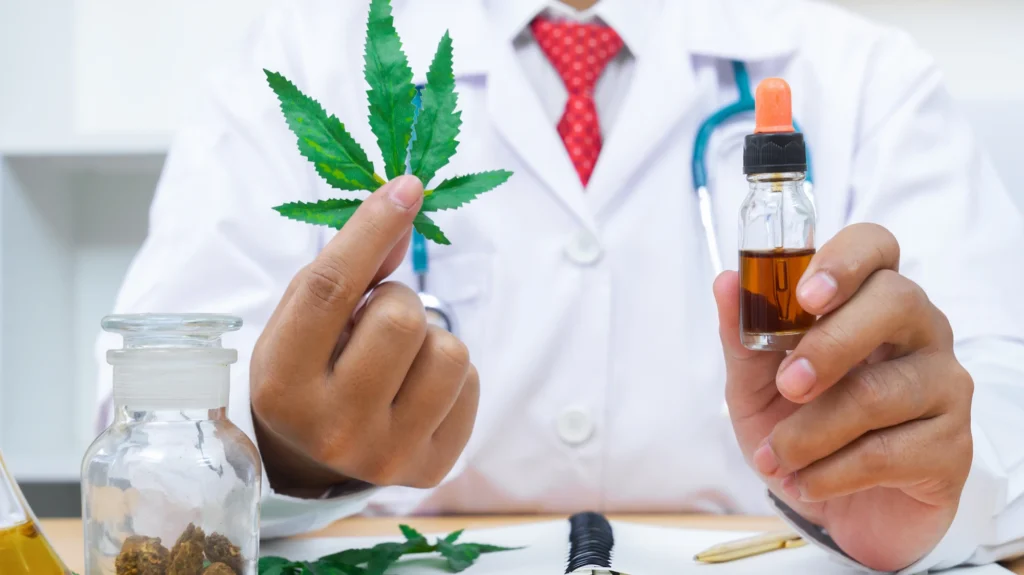
THCP is a relatively new cannabinoid in cannabis, and there are no studies beyond those conducted by the team that discovered it. However, there is a lot of intriguing evidence and future medical uses.
In patients who require high doses of THC for their treatment, such as those now using Rick Simpson Oil (RSO) to combat cancer, THCP may provide more meaningful pain relief. Sedative effects similar to those of large dosages of THC may form by higher THCP levels, and these levels may be able to alleviate sleeplessness or persistent pain.
The specific effects of THCP on people and the strains most likely to contain higher concentrations of the cannabinoid remain a mystery. The cannabinoid THCP characterize as having a more potent or “pronounced” impact than THC; however, there is no conclusive proof that this is the case.
What are the consequences of THCP?
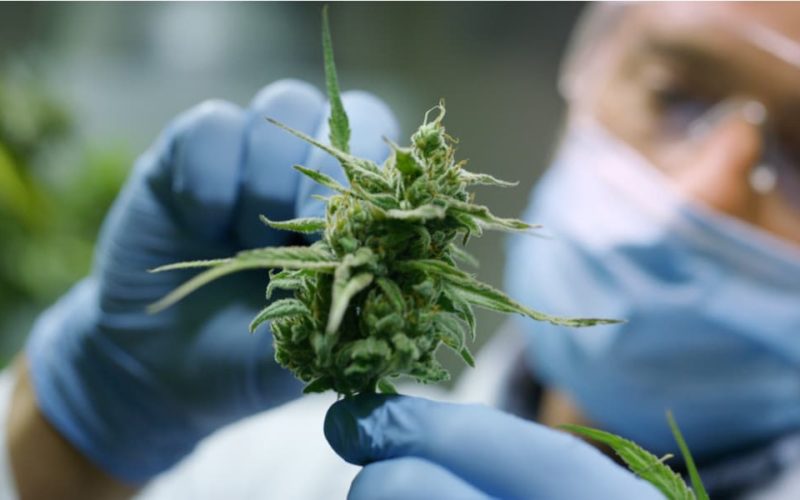
The cannabimimetic properties of THCP are similar to those of Delta-9 THC. Like Delta-9 THC, THCP also has sedative, pain-relieving, and temperature-lowering properties. THCP may also alter thoughts, perceptions, and decision-making. It may also feel moderately psychedelic. There are various ways that the cannabinoid, when combined with other terpenes or cannabinoids, can either energize or relax the user.
Researchers in Italy claim that THCP is 33 times more powerful than Delta-9 THC. The cannabinoid’s strength is due to its superior affinity for the body’s CB1 and CB2 receptors, which is substantially more potent than Delta-9 THC. It is the CB1 receptors that mediate the psychoactive effects of THC, and THCP has significant binding activity on the CB1 receptor.
However, even though THCP has the potential to be 33 times more potent than conventional THC, users claim not to have noticed any such drastic increase in strength. Those who have taken THCP report that it is between three and five times as potent as conventional Delta-9 THC, according to those who have tried it.
After taking THCP, Higdon advises letting some time for the effects to dissipate before continuing.
To be safe, he advises anyone considering using THCP to do so with extreme caution and to clear their calendars the day afterward.
The study also emphasized that the THCP may play a role in the psychoactive properties of some cannabis cultivars while others do not. Even though Delta-9 THC concentrations have long served as the primary factor in determining the psychoactivity of a cannabis cultivar, researchers theorized that the existence of THCP, or other cannabinoids, may also have an impact.
Is THCP Safe?
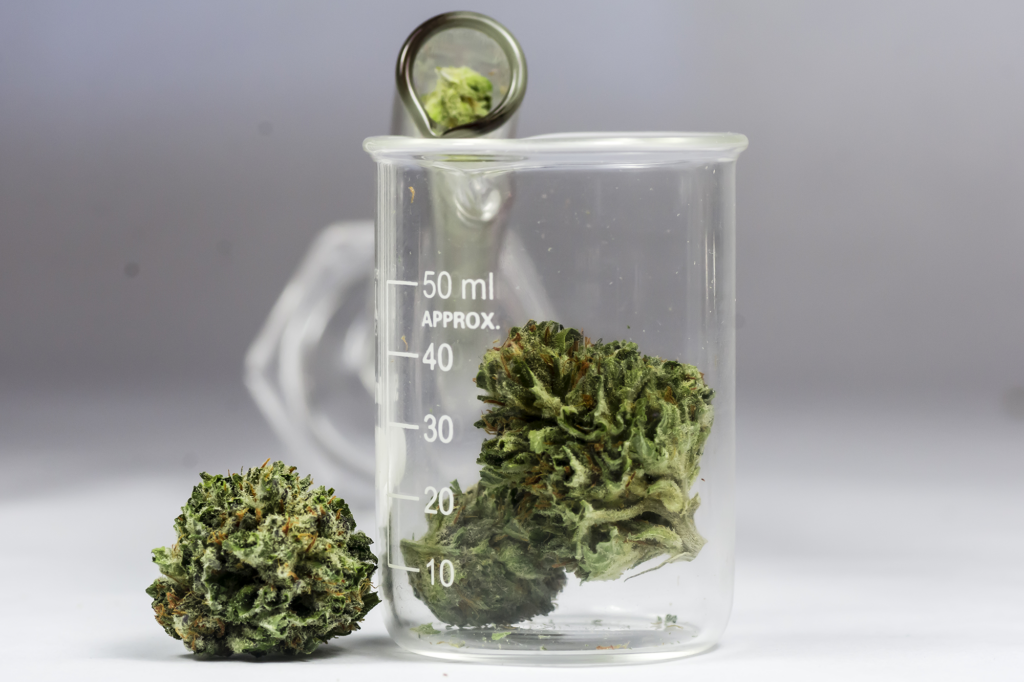
The safety of this chemical is not well studied. However, there has been no evidence indicating the contrary.
THC and THCP appear to have similar effects on the body, although THCP is stronger. According to early assessments, THCP is equally safe when taken in moderation. In comparison to THC, the potency of this substance makes it simpler to overdose and develop adverse effects.
Synthetic THC analogs like THCP, which have lengthy tails, have been shown to have more hazardous side effects than THC itself. These include It’s plausible that THCP’s longer tail and a stronger affinity for CB1 receptors could make this cannabinoid far more likely to cause undesirable side effects.
Toxicology studies have revealed that synthetic cannabinoids, the strongest CB1 agonists, can induce addiction and withdrawal symptoms.
Uncertainty surrounds the level of safety associated with THCP. However, no proof has yet emerged that it is more harmful than THC. To put it another way, you should only use this cannabis under medical supervision.
Cannabinoids like THCP are very new and require prudence while evaluating their effects. A lot of THCP on the market is probably synthetic.
Toxicological and legal implications of the absence of a regulatory framework for THCP manufacturing don’t buy anything unless you’ve researched it thoroughly. Click here to learn more about THCP!

